What do publishers do for mobile games?

This article was originally published on the TapNation’s blog.
Mobile gaming has become a thriving industry, with a multitude of games vying for the attention of players. In this competitive landscape, mobile game publishers bridge the gap between game developers and their target audience. They are the ultimate pirates that will launch your games and scale them to new heights.
Mobile game publishers serve as a vital link in the gaming ecosystem. They offer assistance in various areas, such as financing, scaling, distribution, and monetization. Their expertise and resources can significantly impact a game’s success in the market, whether domestic or international.
Benefits of Working with a Publisher
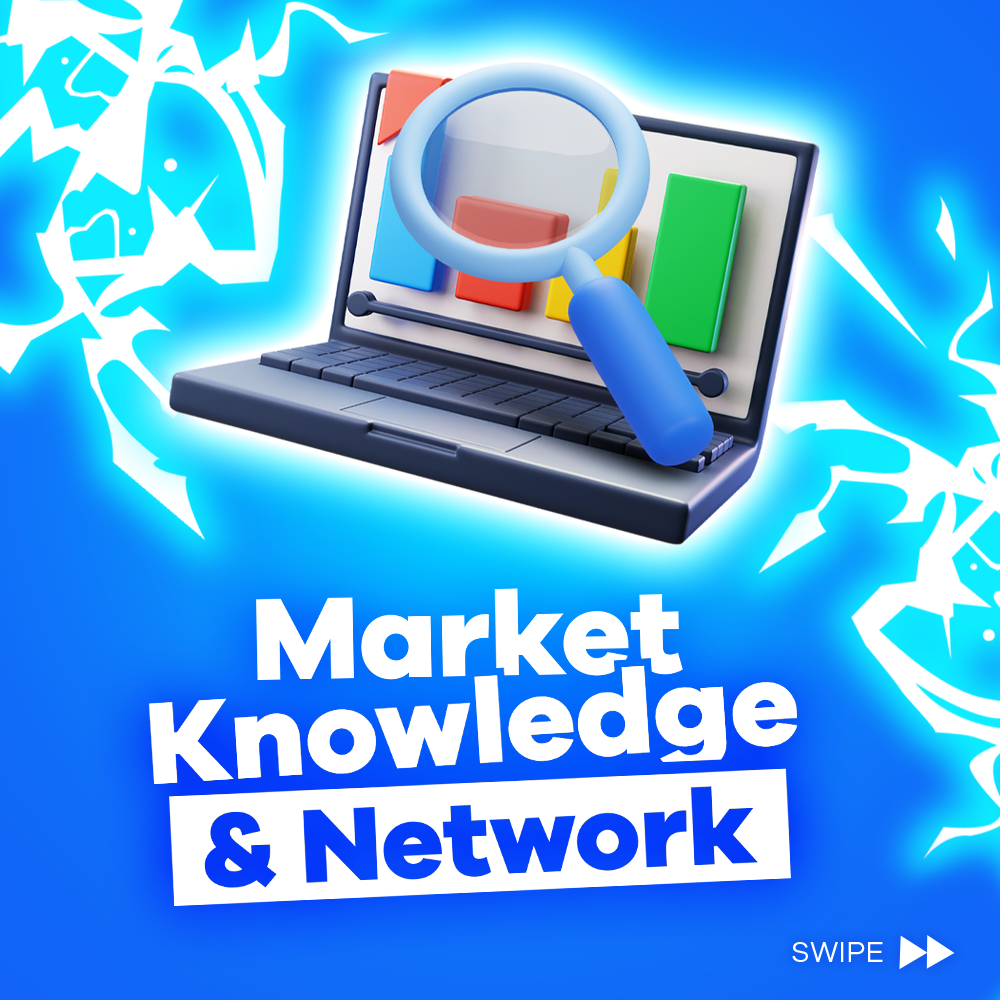
Partnering with a mobile game publisher brings a multitude of benefits to developers. Publishers provide access to industry expertise and market knowledge, offering invaluable insights that can shape the trajectory of a game. Moreover, their vast network of industry contacts facilitates effective promotion and marketing, increasing the visibility of the game among the target audience. Additionally, publishers offer resources for quality assurance, user acquisition, and localization, enabling developers to navigate these crucial aspects with ease. Furthermore, publishers provide technical support, helping developers overcome complex development challenges and ensuring the smooth performance of their games.
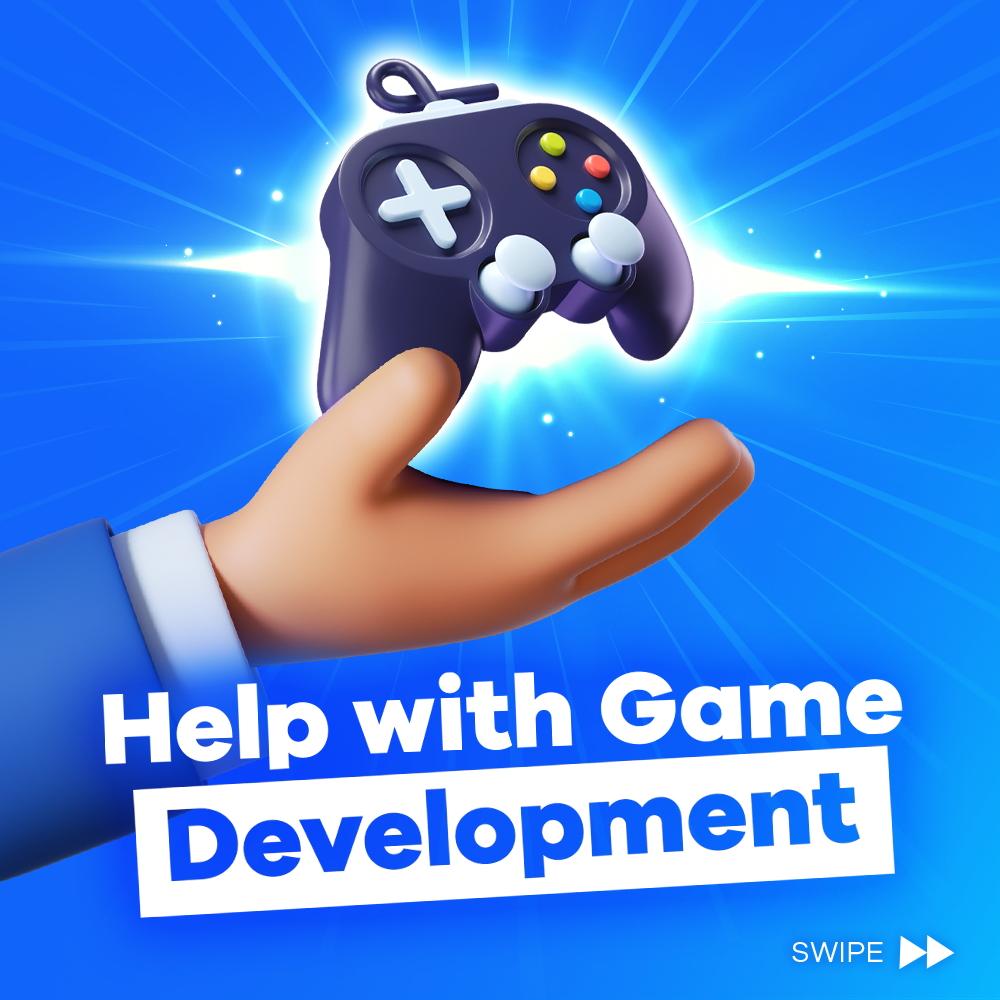
1. Game Development
The development phase of a game is where publishers play a pivotal role. They assist developers in refining game concepts and identifying market opportunities, leveraging their experience and market insights to enhance the game’s potential for success. Throughout the development process, publishers provide ongoing support and feedback, acting as a guiding hand to ensure that the game meets industry standards and resonates with the target audience. Moreover, publishers offer assistance with localization for international markets, enabling games to cater to a global audience. Additionally, their technical support can help overcome any development challenges to ensure the game functions hassle-free.

2. Monetization Strategies
Effective monetization is essential for the success of a mobile game, and publishers come in very handy in this aspect. They assist developers in choosing the right monetization model, whether it’s freemium, ad-supported, or others, based on the game’s unique characteristics and target audience. Furthermore, publishers help optimize IAP (in-app purchase) pricing and placement, maximizing the game’s revenue potential. Integrating ad networks and implementing rewarded video ads are also part of the strategies publishers employ to enhance the game’s monetization. Moreover, publishers explore partnerships, licensing deals, and IP exploitation to further bolster the game’s financial prospects.
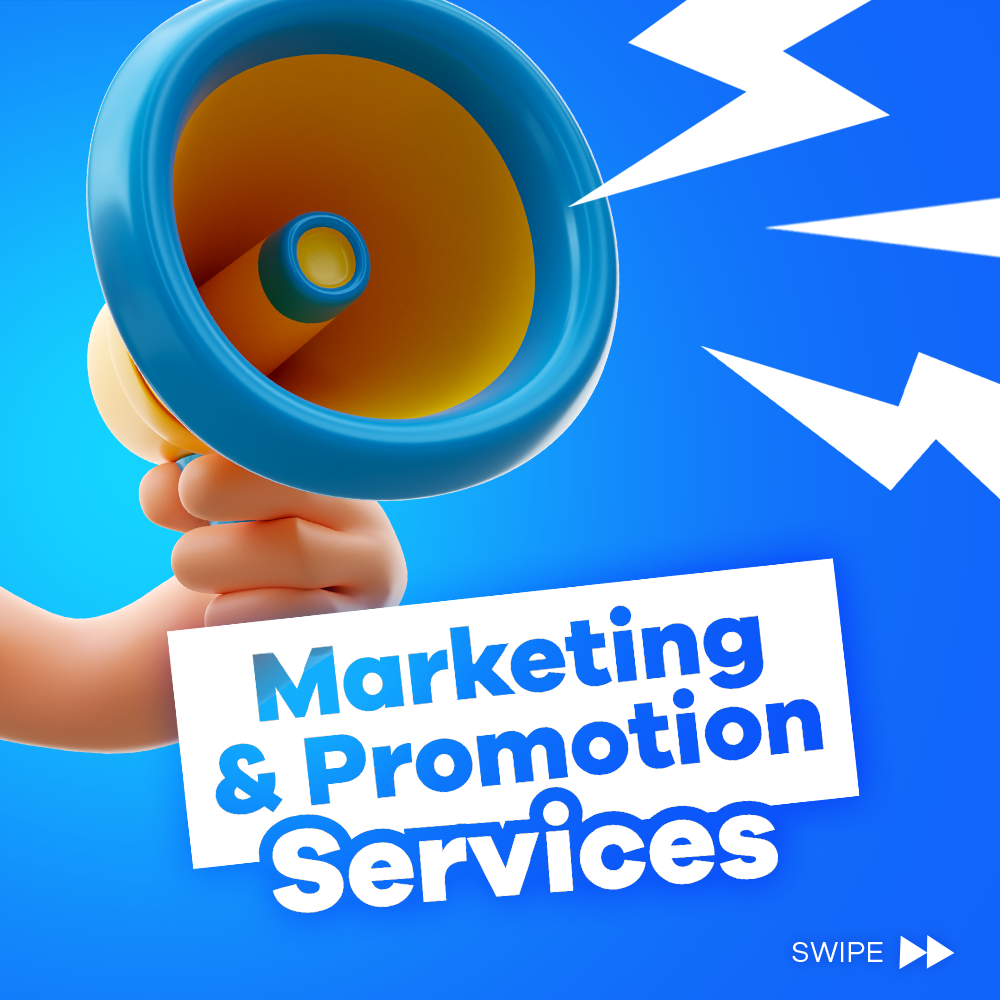
3. Marketing & Promotion
Marketing and promotion are vital components of a game’s success, and publishers excel in this area. They create captivating trailers and gameplay videos that entice potential players, along with designing eye-catching app store assets such as icons, creatives, screenshots, and banners to make the game stand out. Moreover, publishers leverage social media platforms to generate buzz and excitement around the game, engaging with the gaming community to build anticipation. Additionally, they can also forge influencer partnerships for sponsored content promotion, leveraging the reach and influence of popular gaming personalities. Furthermore, publishers organize press events and participate in gaming conventions to garner media coverage and increase the game’s visibility.
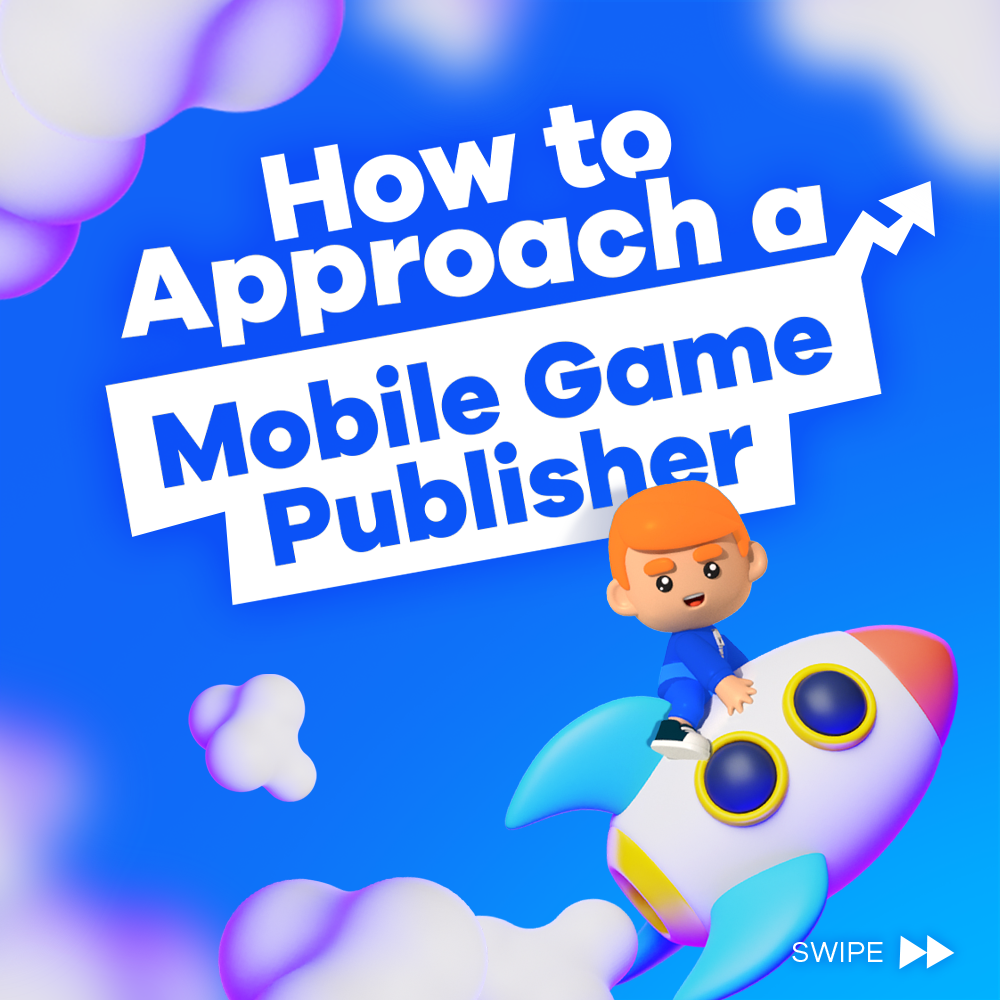
Tips on How to Approach a Mobile Game Publisher
When seeking to partner with a mobile game publisher, developers should conduct thorough research to identify publishers aligned with their game’s genre and target audience. It’s essential to prepare a compelling pitch that highlights the USP’s (unique selling point) of the game. This helps to effectively convey its value proposition. If feasible, developers should develop a playable prototype to provide publishers with a tangible experience of the game. Networking and attending industry events are also valuable, as they allow developers to build relationships with potential publishing partners. Lastly, outlining a comprehensive business plan encompassing the development timeline and revenue projections is crucial for presenting a clear vision of the game’s potential.
Conclusion
In conclusion, mobile game publishers are key to making your game successful. Their range of services, expertise, industry connections, and support throughout the development process contribute significantly to a game’s potential to be a hit amongst players. By partnering with a mobile game publisher, developers can make use of these resources and capabilities to monetize and market their games. They also aid in increasing their visibility, appeal, and ultimately, their success in the competitive mobile gaming market.
TapNation is one such mobile gaming publisher that has released 100+ games and generated more than 1 billion downloads! Our ambition is to lead the way in a high-growth market that helps developers take their games to the next level.


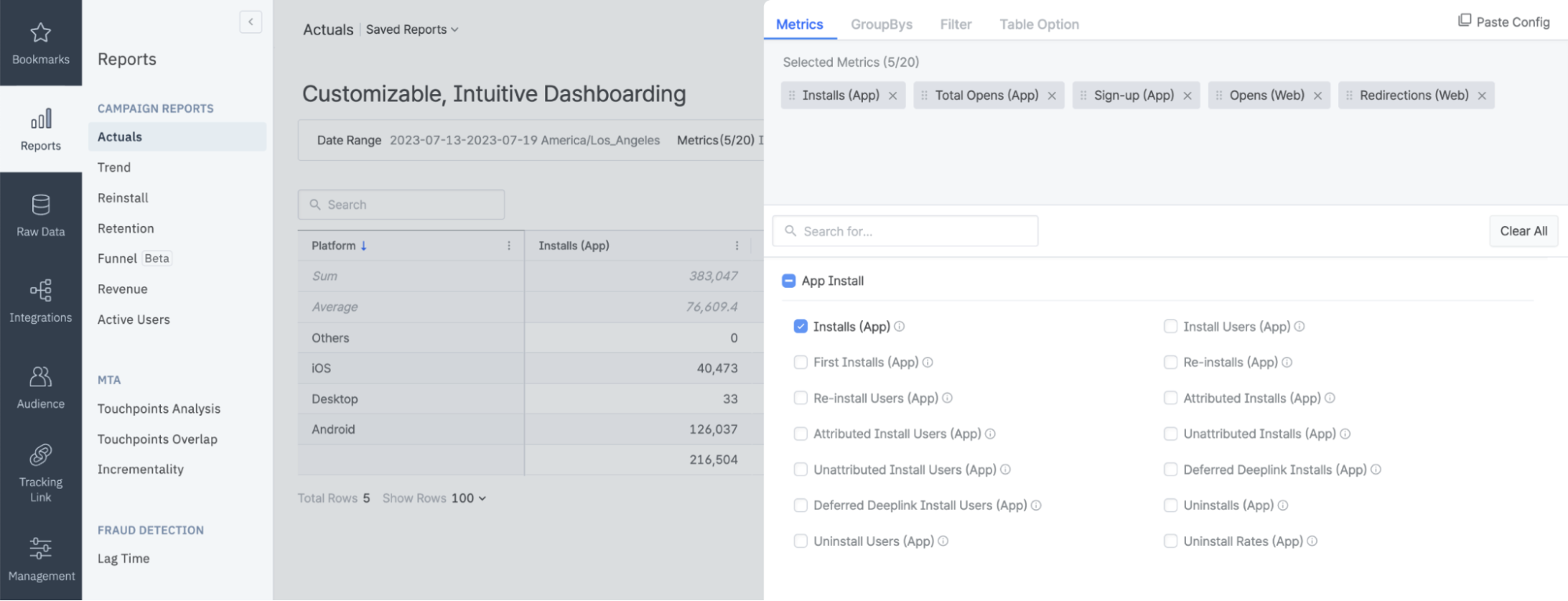
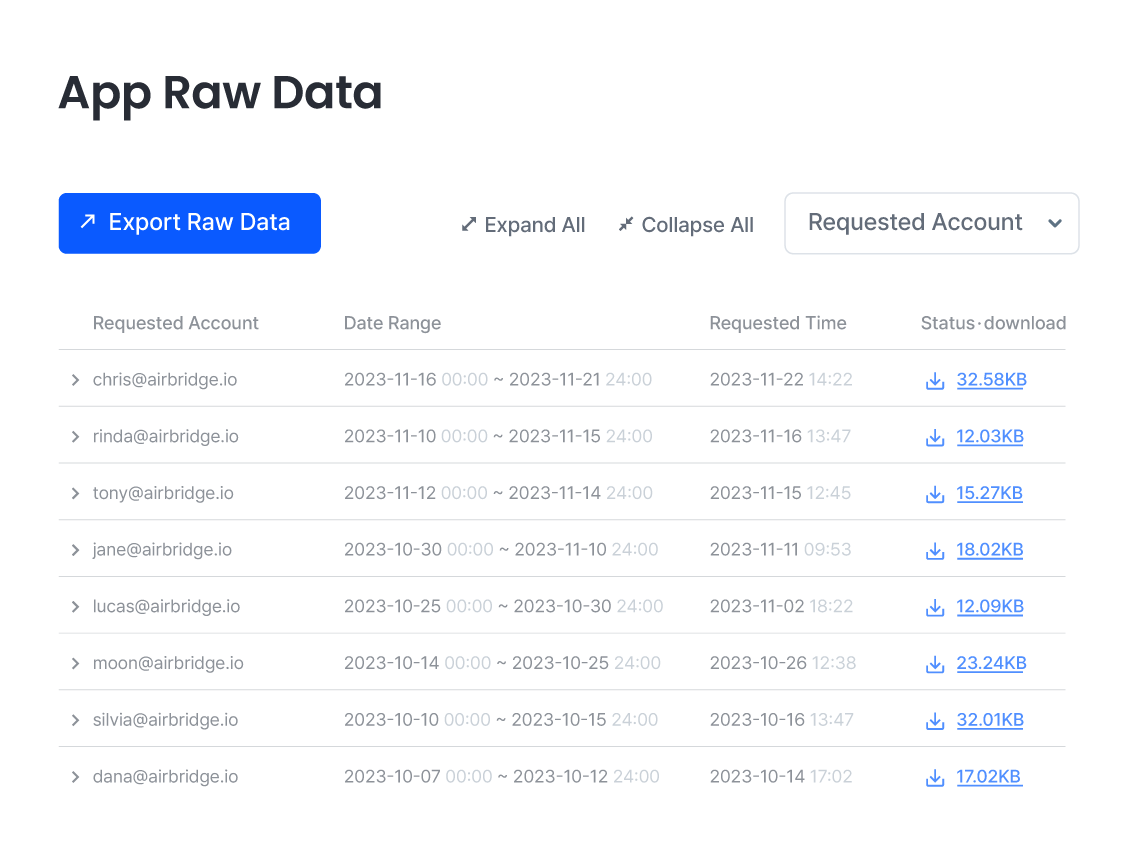
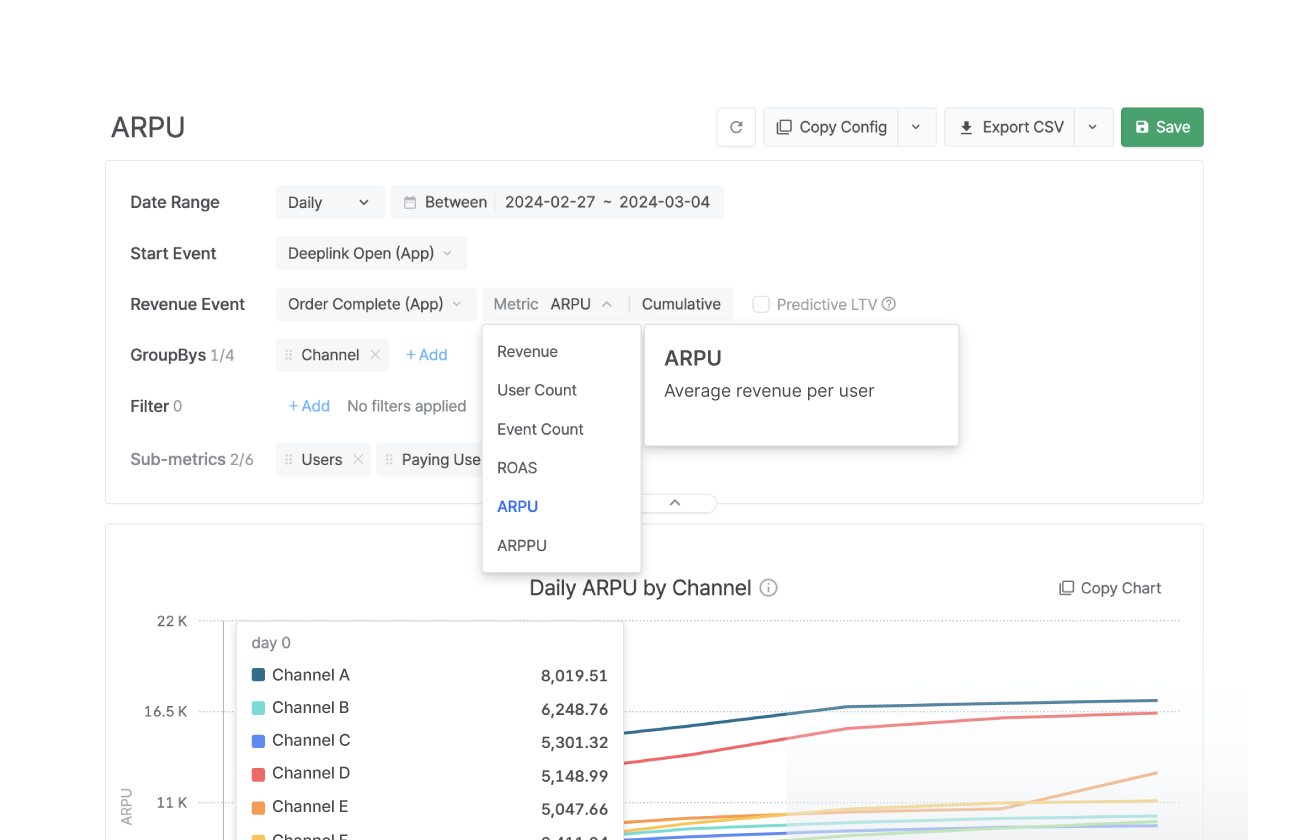
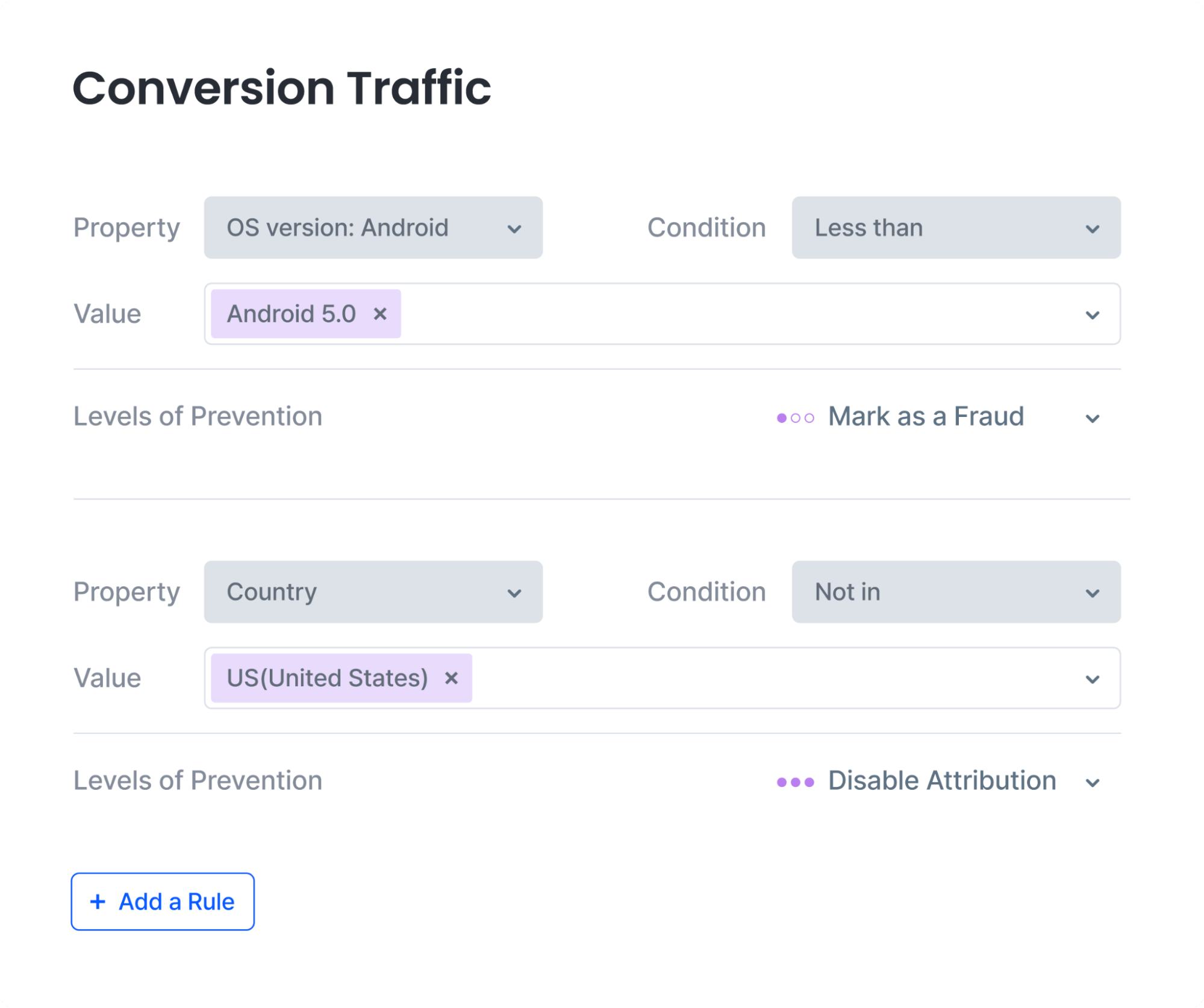



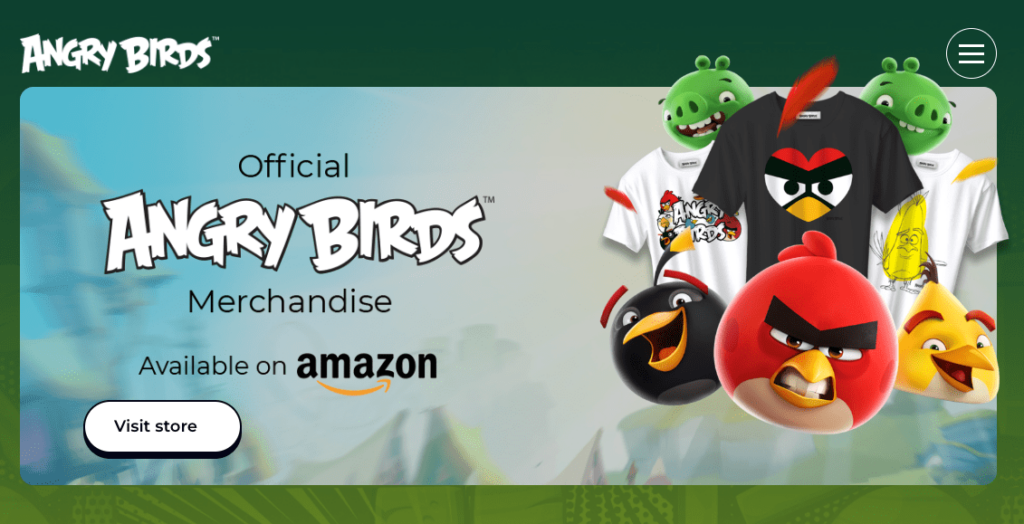 This gives your achievements more value and encourages players to seek out the hardest ones for the prestige of owning the real-world item.
This gives your achievements more value and encourages players to seek out the hardest ones for the prestige of owning the real-world item.